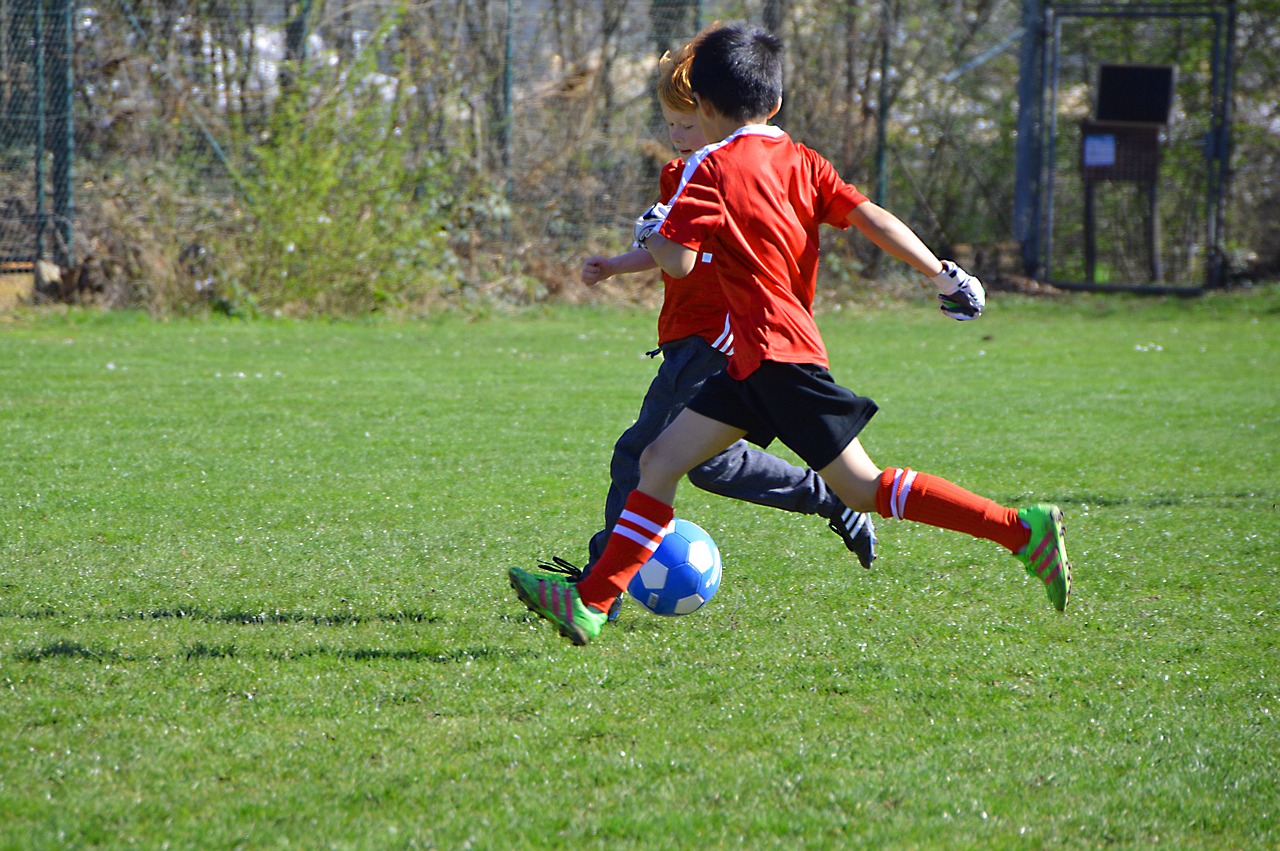We all know that physical and mental health go hand-in-hand.
And for those who exercise on a regular basis, you’ve probably noticed that it often improves your mood and outlook.
Now one study is finding a major connection that may benefit kids and teens who are going through trauma.
A recent study that appeared in the Journal of the American Medical Association Pediatrics showed that when children experienced a traumatic event, they had far better mental health outcomes when they participated in team sports.
The study was conducted with nearly 10,000 participants which found that team sports decreased the incidence and severity of depression and anxiety as they became adults.
The children in the study came from a variety of backgrounds, and different sports and intensity of physical exertion were examined.
Dr. Molly Easterlin, the lead author of the study, also stated that team sports were more helpful in improving mental health outcomes than when children simply exercised or remained active on their own.
That is because the team environment of group sports provides social and emotional support from peers.
Being part of a team allows children to learn to work with others to attain goals, become resilient when others share their victories and disappointments, and become more confident.
Pediatricians are taking notice of this study in order to find ways to help struggling kids and teens without medications or intensive therapies.
The study will also prove beneficial to the field of sports medicine in schools and universities where the physical health of players has often been the primary focus.
When underlying emotional or behavioral concerns are addressed, physical health and performance increases.
Pediatrician and Director of Youth Sports at Vanderbilt University, Dr. Alex Diamond, tells the New York Times, “These benefits we talk about — learning how to fail and get back up, teamwork, being part of something larger — only happen when the emotional foundation is strong,” such as being part of a team.
When children and teens are able to bond in a group setting while working toward a goal, the benefits are obvious.
Add the physical benefits of rigorous exercise, the discipline of training and attending practices, and that old “team spirit,” and it seems to be a recipe for success.
Pediatricians hope this study will help parents and coaches to look more closely at the mental health aspects of sports. Not only can participation in team sports improve health outcomes overall, but being part of a team also allows for potential issues to come to light earlier.
If a child is struggling with a traumatic event or mental health issue and their performance or concentration decreases, their teammates may be the first to notice.
The bond between players on a team is unique. Each player has a specific skill set and responsibility on a team, and the team must work together as a unit.
In this way, it may be more obvious to teammates or coaches when there is a problem, as opposed to a child working independently in a classroom or spending time alone at home.
On the flip side, pediatricians caution that sports can add additional pressure if a child or teen is already struggling in some other aspect of their life, but the team environment can become a catalyst to healing if coaches and team leaders have an action plan in place to address it.
Finding a sport – or any type of team activity – that interests your child can benefit them in many ways as they navigate the social pressures of growing up.
Team sports build a support system that often leads to close, life-long friendships – and that alone is one of the most important factors in overcoming trauma.
Does your child participate in team sports, and have you noticed the benefits on their emotional well-being? Leave us your comments.

